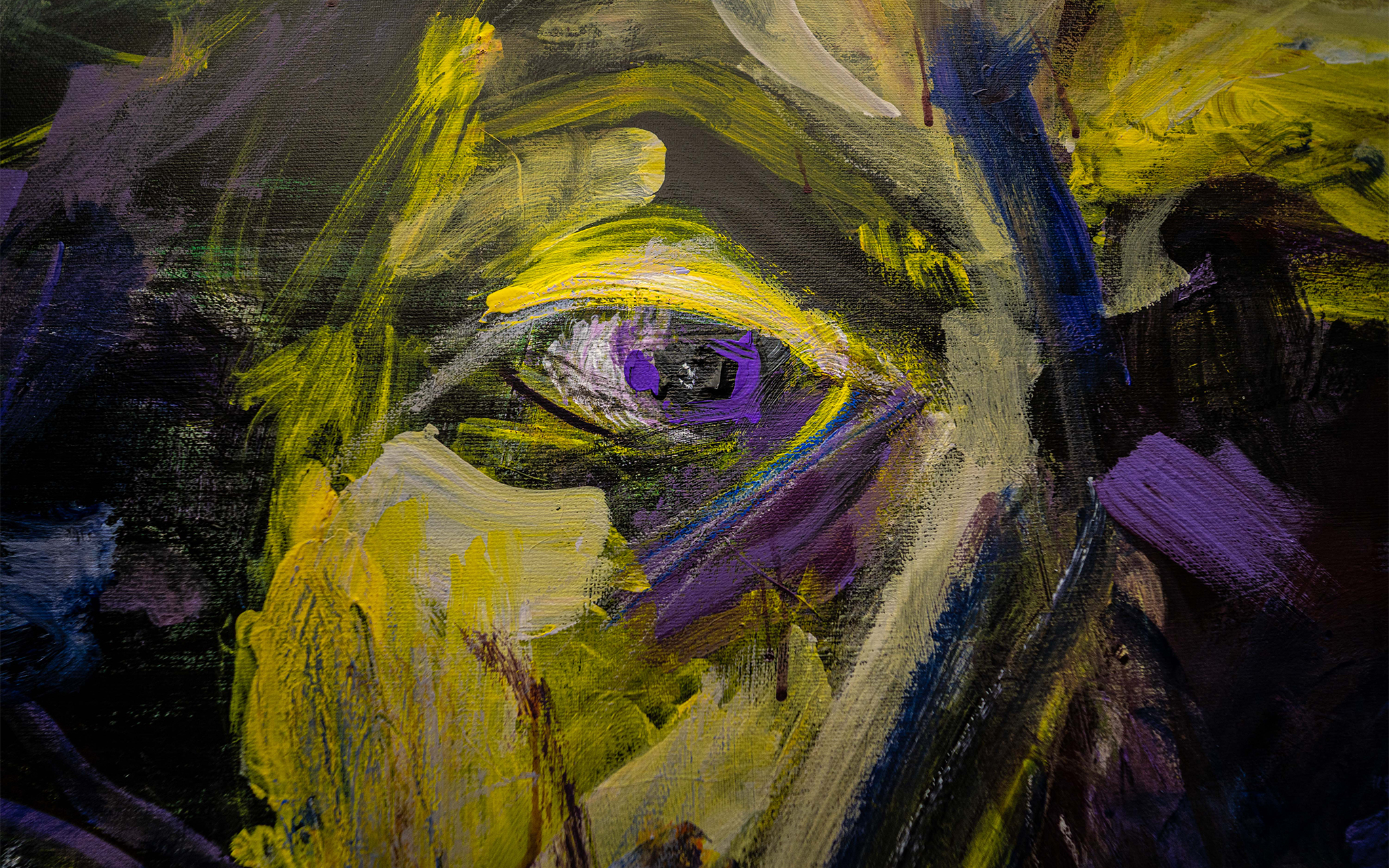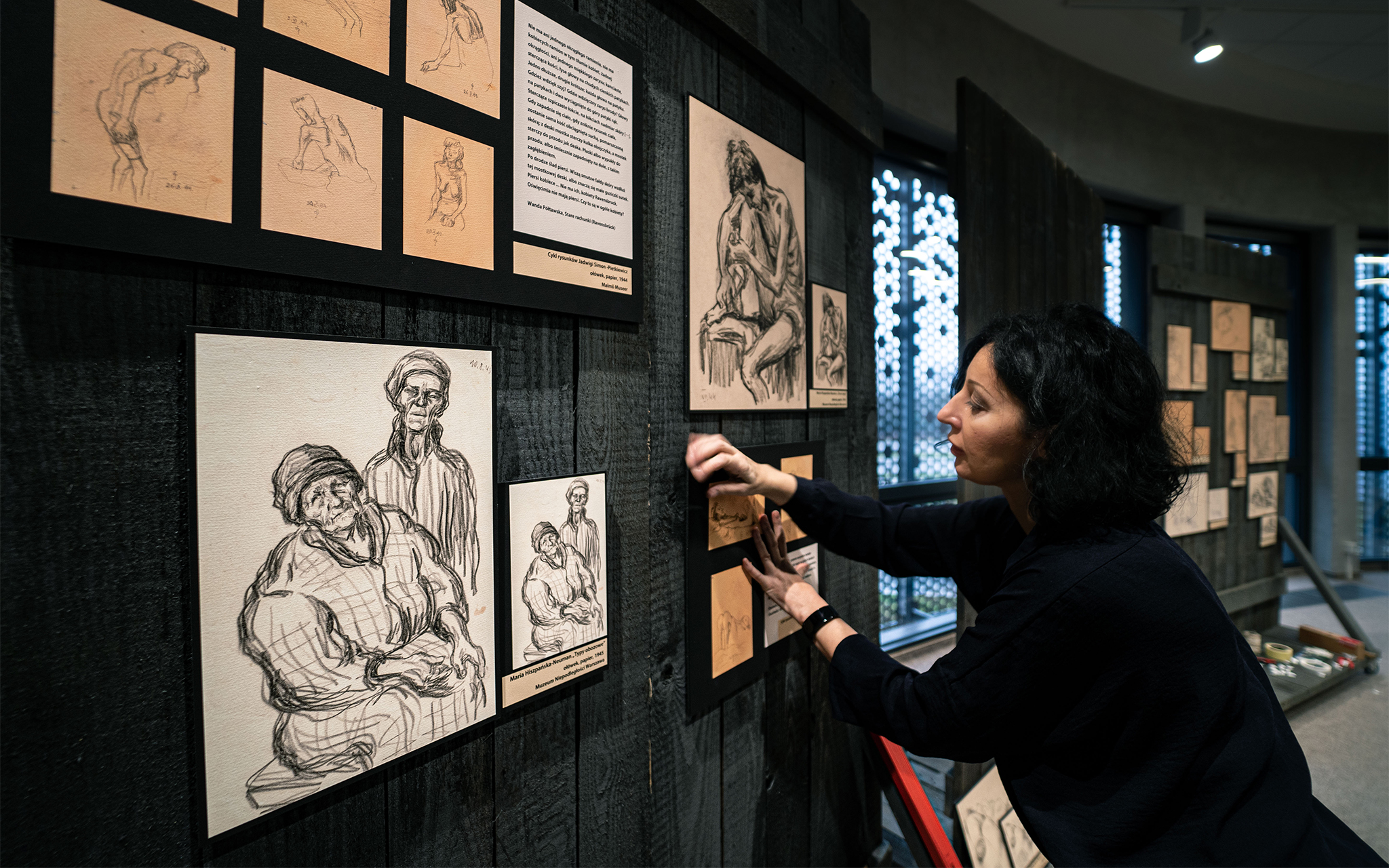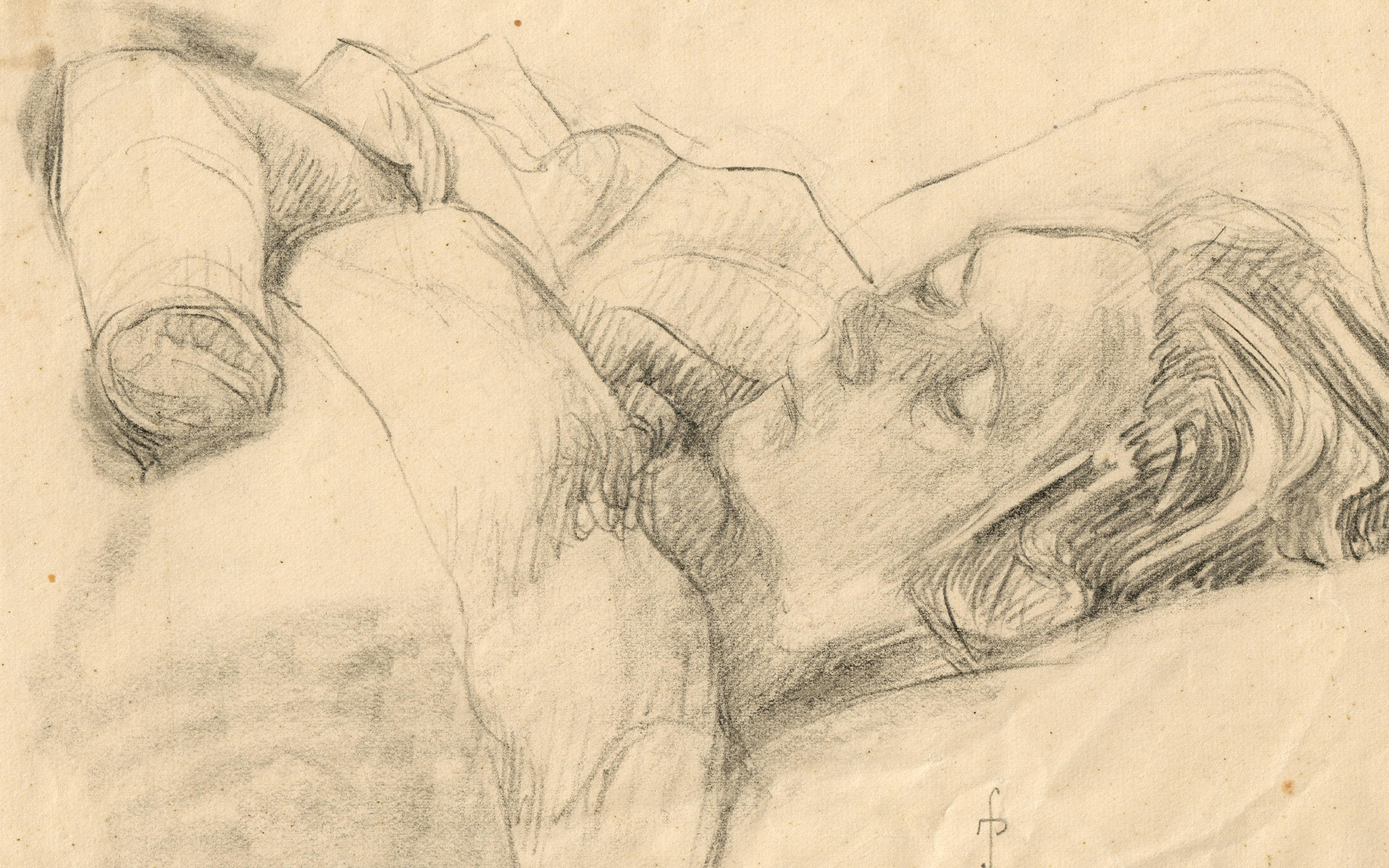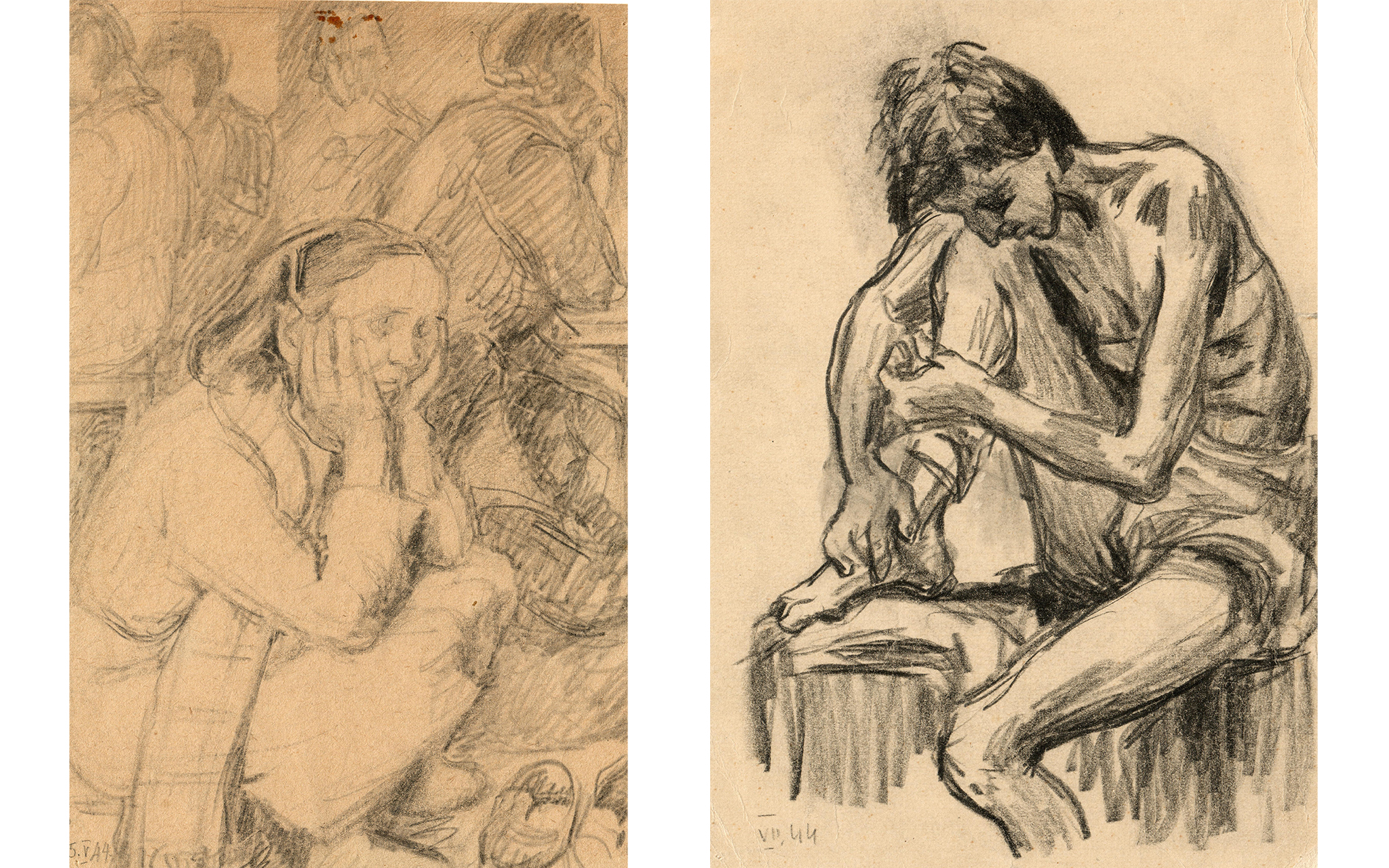Den polska vandringsutställningen Women’s Concentration Camp Experience berättar om kvinnors upplevelser i tyska koncentrationsläger under andra världskriget. Här visas reproduktioner av ett sjuttiotal teckningar och akvareller gjorda i lägren. Här finns även stora målningar och installationer av samtida polska konstnärer, som har ärvda minnen* av lägertraumat.
De flesta av teckningarna från lägren är gjorda av konstnären Jadwiga Simon-Pietkiewicz, som genom Vita bussarna räddades från Ravensbrück till Sverige 1945. Hennes skisser är ögonblicksbilder från koncentrationslägret och vittnar om den avhumanisering kvinnorna utsattes för.
Genom bilderna och berättelser från arkivmaterial får vi insyn i hur levnadsvillkoren såg ut i lägren under arbete och under vila. Flera av bilderna visar den kvinnliga kroppen – ofta utmärglad, sjuk, förstörd – och ger uttryck för känslor av förtvivlan och uppgivenhet.
Utställningen har utformats av professor Barbara Czarnecka från Universitetet i Bialystok i Polen, författare till två vetenskapliga böcker om kvinnors upplevelser i koncentrationslägren. Hennes önskan är att utställningen ska hjälpa oss att förstå hur det extrema våldet upplevdes av kvinnorna. Det var viktigt för henne att välja ut bilder som visar historiska realiteter, men som också är uttrycksfulla och väcker känslor.
Video om utställningen
I videon nedan kan du höra Barbara Czarnecka berätta om utställningen. Videon är på polska, men med undertexter på engelska.
Översättningar
Utställningen är gjord på polska, men översättningar till svenska och engelska hänger vid varje del av utställningen. Där finns också en QR-kod som du kan scanna om du hellre vill läsa översättningen i din mobil.
Produktion och samarbeten
Utställningen har tidigare visats på det statliga Arkivet i Bialystok och på Museet för självständighet i Warszawa. Utställningen har anpassats till Kulturens lokaler och visas i anslutning till vår egen utställning Att överleva – röster från Ravensbrück. Projektet är ett samarbete mellan Universitetet i Bialystok och fakulteten för Filologi, Lunds Universitet och EUROPAST, Polska institutet i Stockholm samt Kulturen.
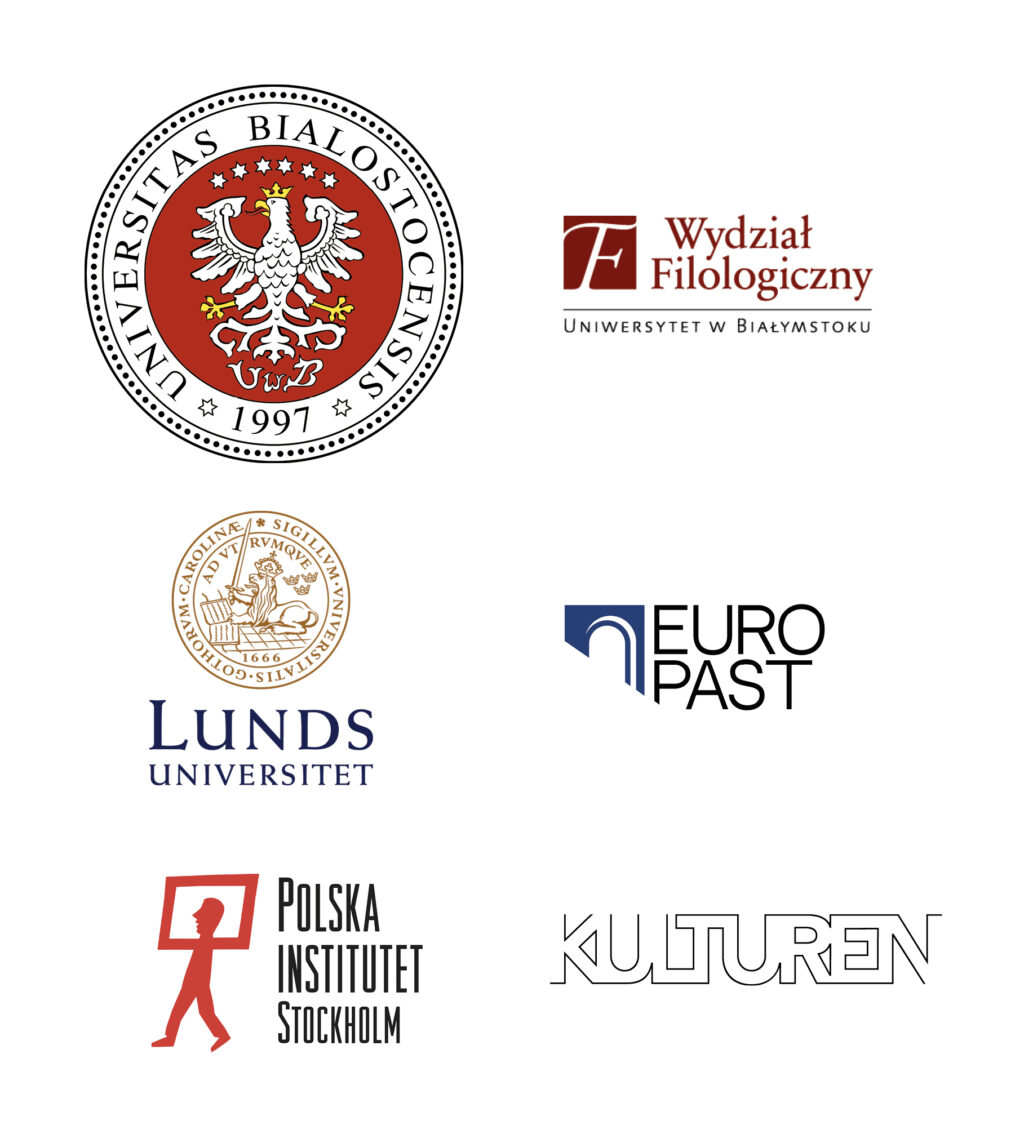 * Begreppet ärvda minnen eller ”post-memory” myntades av den amerikanska litteraturvetaren Marianne Hirsch. Det används av forskare som vill undersöka hur generationen efter kriget skapat mening kring Förintelsen.
* Begreppet ärvda minnen eller ”post-memory” myntades av den amerikanska litteraturvetaren Marianne Hirsch. Det används av forskare som vill undersöka hur generationen efter kriget skapat mening kring Förintelsen.
